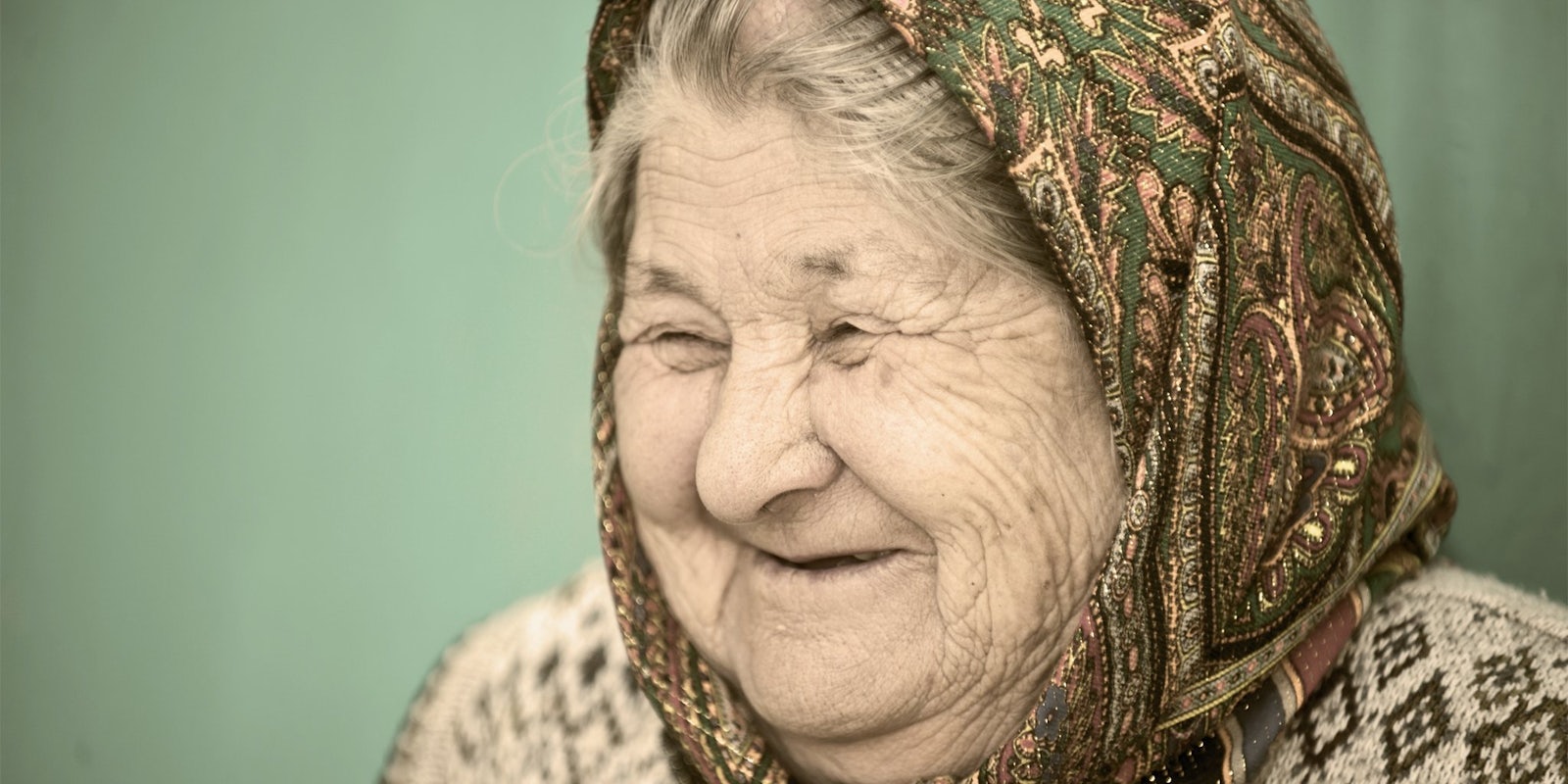Congratulations to all the centennials out there, seriously, you have done a very good job sticking it out for 100 trips around the sun. But every time a local person reaches the 100-year mark, local news stations always ask him or her “what’s the secret to long life?” And they usually respond with something that doesn’t make much sense.
Whether it’s eating a lot of prunes, staying calm and positive, avoiding cigarettes and alcohol at all costs, or indulging in them as much as you like, it’s all a bunch of lies.
Today’s lie is that the secret to long life is plenty of booze. Come on.
While lifestyle certainly plays into longevity, let’s give a little credit to genetics, good luck, and medicine. We have more people living over 100 than ever before, and each one of them has a different answer to how they reached this incredible milestone. So it’s gotta be something else, right?
A study on one centennial showed that one potential aspect of aging—over which we have no control—is “stem cell exhaustion.” The stem cells that produce your white blood cells, the sentinels and soldiers of the immune system, eventually die out as you get older. Research performed with post-mortem tissues harvested from 115-year-old Hendrikje van Andel-Schipper (once the oldest woman in the world) showed that she still had two stem cells producing those white blood cells up until she died. Perhaps the exhaustion and eventual expiration of the 1,000 or so stem cells that we’re born with plays a role in longevity.
Longevity research is also honing in on telomeres—the bookends of your chromosomes. Telomeres sit at the end of the chromosomes and don’t code for anything, but their presence appears to keep the chromosome from breaking down. They may also affect how certain genes are expressed. But with each cell division, the telomeres shorten until they’re gone, at which point the cell dies. Telomeres seem to be something of a yardstick of longevity, and keeping them longer improves the lifetime of a cell. It’s not clear precisely how they play into aging in living humans, but having shorter telomeres is associated with a shorter lifespan.
Researchers are looking into methods to keep telomeres long, but so far most of their work is done in cell culture—it will be a long time before we see any viable treatments.
Life expectancy is also rising in general thanks to public health and modern medicine. Before the advent of antibiotics and vaccines, many people died young of infections, bringing the average life expectancy down quite a bit. But as Michael Stevens of VSauce points out in his video on cancer, “[In the 1600s in England] if you made it to 21, you could easily expect to live well into your 60s.”
In fact, the National Institute of Aging projects that the number of centerians will increase 10-fold between 2010 and 2050. The same study also notes a correlation between good living conditions and health during childhood and longer life (in other words, if you grew up in a happy and healthy home, you’re more likely to die old than someone who was unhealthy as a child.)
This is not to say that your diet and lifestyle don’t matter at all, they do. But as we’ve pointed out before, it’s very hard to ascertain just how much diet and lifestyle factor in. Obviously centennials who claim that a life of sex, drugs, and rock n’ roll have lit the pathway to their old age demonstrate that there are other factors at play, too.
Photo via Jennifer Buzanowski, U.S. Air Force/Wikimedia (PD)
